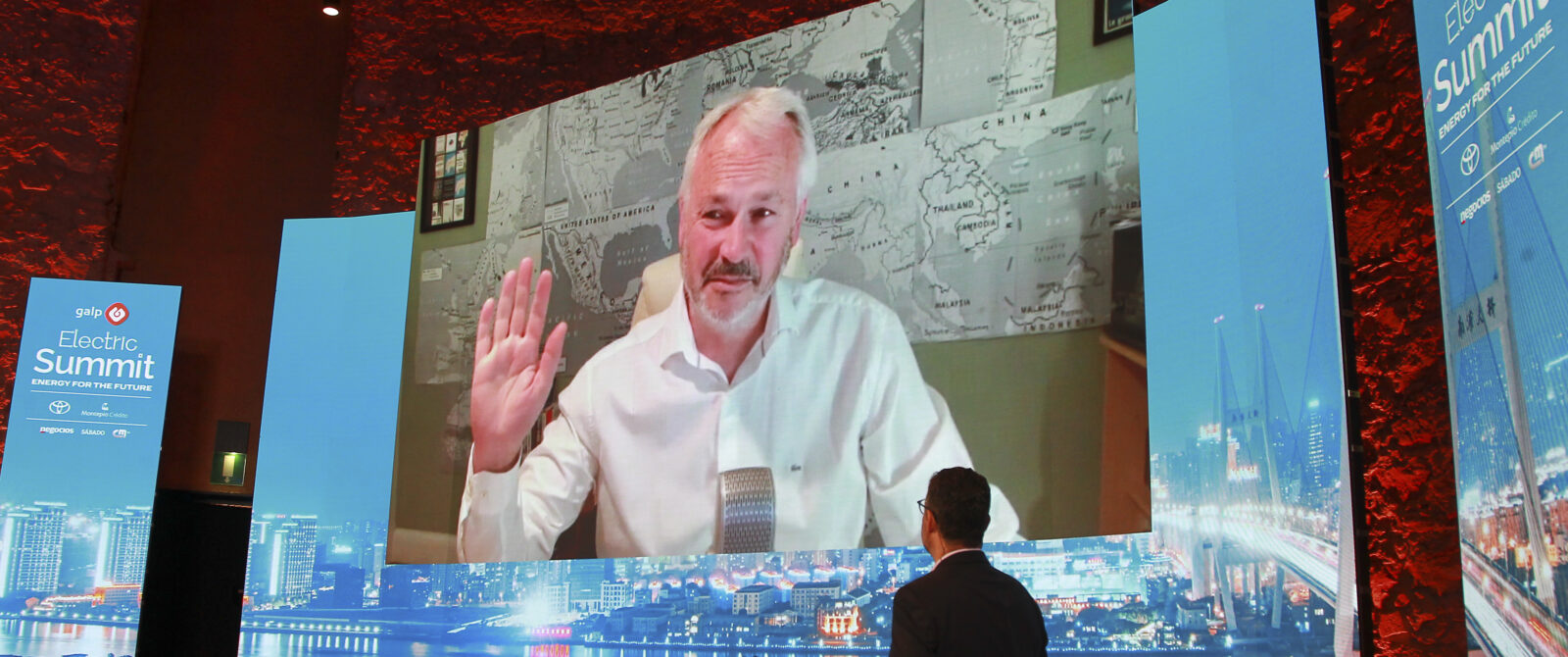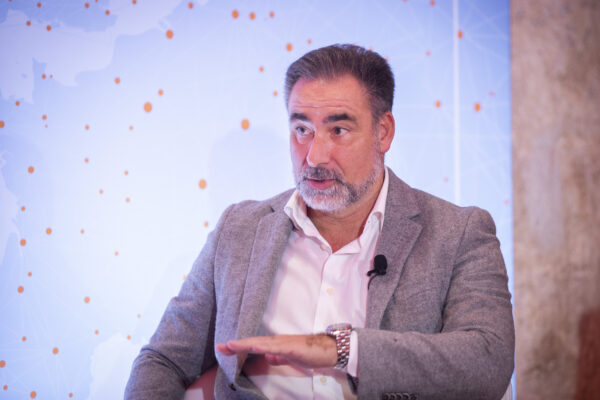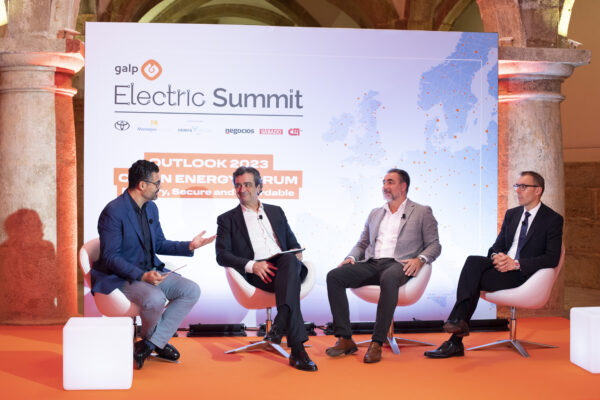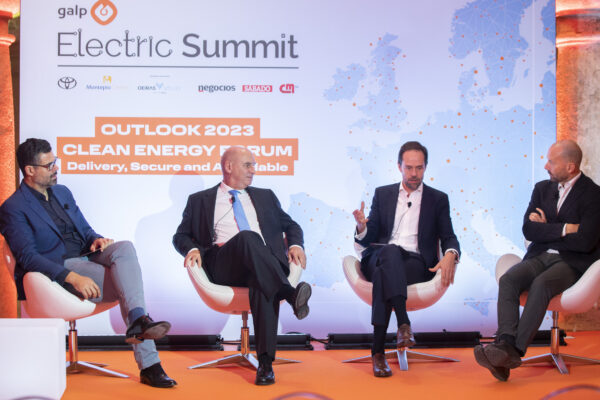Tim Marshall: “We’re going to go back to a bipolar world by the end of the decade”
Three overlapping global crises and a multipolar world as it is today make it difficult to read the geopolitical forces currently at stake. The war in Ukraine managed to reunite Europe, but rifts are already forming between north and south, with energy being the key issue.
The world is going through turbulent times, with overlapping global crises caused by the COVID-19 pandemic, climate change which is dictating a much-needed energy transition and a backslide brought on by the war in Ukraine, exerting more pressure on the supply of energy, food and multiple industrial components needed by the rest of the world. At the same time, the gravitational forces of geopolitics are shifting. Compared with the Cold War era, where the USA and Russia were pitted against each other, “now we’re in this multipolar world and it’s far more difficult to understand because so many powers are jostling for position.” These were the opening words of British journalist and geopolitical expert Tim Marshall at the ‘Portugal Energy Conference’, an initiative organised by Negócios, Sábado and CMTV on the future of energy, which took place on 8th June in Lisbon.
However, looking at the main global geopolitical movements in what is “a very fluid world”, Tim Marshall believes that “we’re going to go back to a bipolar world by the end of the decade. This time with China and the USA, with most countries falling in behind and recognising this reality.”
Nevertheless, right now it is the war in Ukraine which is shaking up the status quo. Energy price hikes and food shortages around the corner are leading to a race for new suppliers in this key area. As Tim explains, “Restricted supply equals problems for production but also higher prices and that has led to a contraction of globalisation which is local sourcing. But, of course, there is a limited amount of sources, there’s competition for the sources and you have to rebuild your supply chain, which is what is happening at the moment.”
In terms of reliance on Russian gas, it is the countries in northern Europe which are facing the most difficulties, but in the area of energy supply, “some of the existing powers can make a real good fist of this. The UK, for example, is not bad on wind power, especially Scotland, and of course Portugal, with its Atlantic coast.”
It is precisely the impacts of the EU’s dependence on Russia to meet our energy needs, particularly in the north, which is causing a rift in a Europe which has come together as never before since 24th February. According to the geopolitical expert, initially Europe had “a brilliant reaction. The problem has come in the last two or three weeks. There is now a soft fragmentation between the northern and southern states. The Czech Republic, the Netherlands, Poland, the Baltics and the United Kingdom are sticking absolutely firmly and they have the view, as do the Americans, that actually Russia does need to be defeated. When you go south, led by the French and the Germans, there is now the view that we just need to stop this, because the economic damage and the loss of life is too bad.” Even so, taking into account Russia’s warring past, and the geographical position “encapsulated” by the Arctic to the north, and NATO to the west, among other forces, “unless you compromise in a brilliant fashion which gives Ukraine absolute security, they will just come back for more. So all you will have done is bought yourself five years before it gets worse again.” Nevertheless, Marshall feels that this war “has energised the European Union and made it understood exactly what it’s for, to prevent conflict.”
He also believes that this war by Russia betrays a miscalculation by Vladimir Putin, not only because he didn’t expect Ukrainian resistance, but also because he was surprised by a reunified Europe and tough measures by the United States, after they “ran away” last summer from their 20-year intervention in Afghanistan.
And if the USA, China and Russia are going to be in competition on Earth, with lines drawn between the USA and China, then the same applies to space as a new field of battle, where these same countries are already squaring up to each other.











